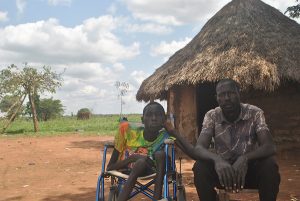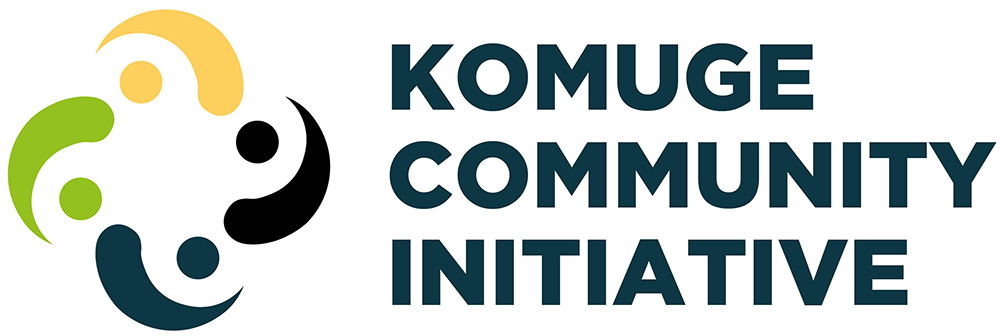INCLUSIVE EDUCATION FOR CHILDREN WITH DISABILITIES.

About 16% of children in Uganda have disabilities, but only 1% of them have access to education through Bukedea’s inclusive learning program, and 3% attend special schools. Since inclusive learning encourages social contact and awareness-raising, it is the recommended approach but is not as popular in rural areas since families cannot afford such centres, where children with disabilities attend regular schools. However, the Ugandan government closed the majority of schools in March 2020 in an effort to stop the spread of COVID-19. Since many of these children were affected by the virus, this closure had a detrimental effect on the lives of young students, as evidenced by the rising rates of adolescent pregnancy, child marriage, child labour, and school dropouts. This blog entry describes how the COVID-19 pandemic has affected students with disabilities in the communities where I serve, and it also suggests potential solutions to enhance the learning environment for these kids.
Due to a lack of statistical data, it is unclear how many impaired students have been impacted by the COVID-19 pandemic, but it doesn’t take much imagination to realise that their effects will be more severe than those of children without disabilities. Disability-affected children require advocates and allies. Therefore, I implore the State Minister for the Elderly and the Disabled, the Minister of Gender, Labour, and Social Development, the Minister of Education and Sports, as well as all local and religious leaders, to cease causing additional suffering to children with disabilities, their families, and their careers. Advocate instead for programmes and services that support everyone’s inclusive growth. Additionally, as Komuge Community Initiative, we work to promote just policies aimed at reducing severe cases such as unintended pregnancies and dropping out of school.
Written By
Emmanuel Okiria.

Leave a Comment